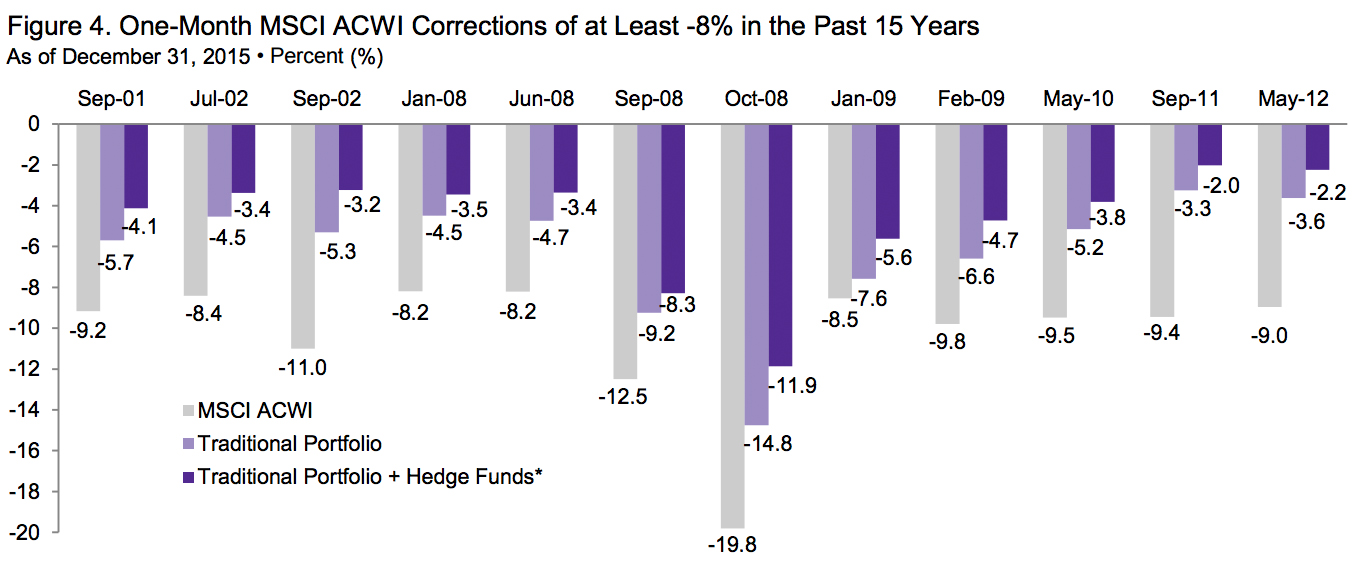A greater portion of hedge funds (78%) say they’re open to cutting fees than investors report even asking for better terms (63%), according to a major BNY Mellon survey.
Private equity once again came out as the favored alternatives strategy, accounting for 37% of unlisted allocations to hedge funds’ 14%. Appetite for future investments wasn’t any stronger.
To lure back apathetic allocators, the vast majority of hedge fund respondents said they want to meet investors at the negotiating table. Whether institutions will take them up on that offer remained an open question.
“It feels as though 1.5% is the new 2% in fees,” said Robert Chambers, BNY Mellon’s head of global product management. “As new ways of accessing the market, such as liquid alternatives, gain traction, there is increasing compression on fee levels.”
The ‘black box’ days have ended too, with three-quarters of general partners considering increased portfolio transparency to render themselves more attractive.
.png) Source: BNY Mellon, “Split Decisions”Investors broadly reported satisfaction with the client service and returns they have received from hedge funds, despite years of relatively weak performance by the sector. Only 6% of the respondents told BNY they were unhappy with either category.
Source: BNY Mellon, “Split Decisions”Investors broadly reported satisfaction with the client service and returns they have received from hedge funds, despite years of relatively weak performance by the sector. Only 6% of the respondents told BNY they were unhappy with either category.
The results painted a challenging picture for hedge funds looking to raise capital.
Three-quarters of investors said they plan to retain or shrink their average 14% allocation to hedge funds over the next year, making it the least popular alternatives category.
Private equity firms, in contrast, could expect ever more inflows, with 51% of investors planning to grow their average 37% allocations. While hedge funds were willing to bend over backwards to attract limited partners, investors said they want that flexibility more from their private equity partners.
“The private equity industry has huge growth potential,” said one investment director, “but this is dampened due to unreasonable fees.”

 Source: Cambridge Associates’ “
Source: Cambridge Associates’ “